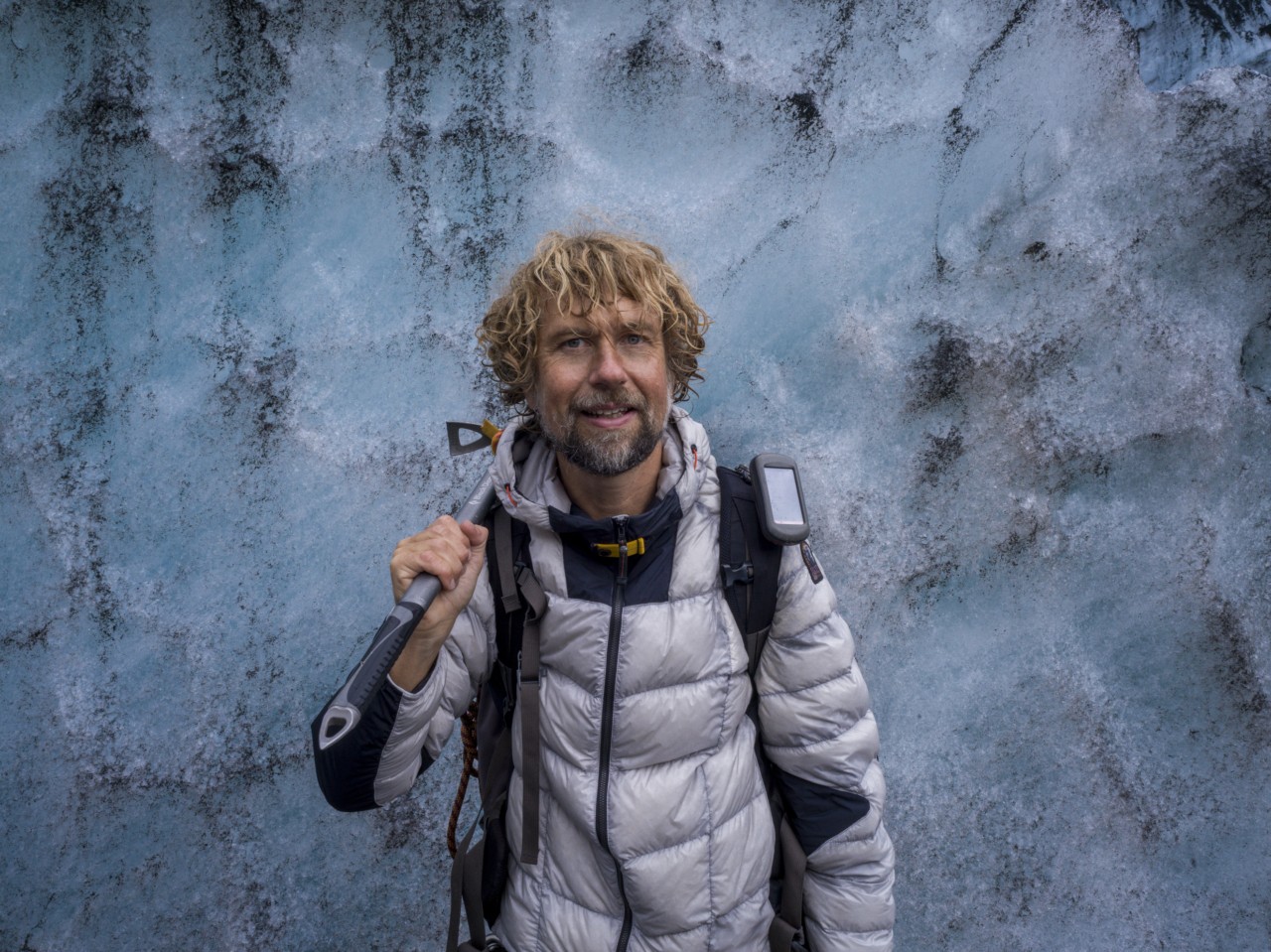
Follow Klaus on Instagram

Klaus Thymann is a Danish explorer, scientist, award-winning photographer, journalist, and filmmaker known for his cross-disciplinary approach combining mapping, remote sensing, documentary, and environmental science to address climate-related issues.
As an explorer, he has led over 60 expeditions to extreme environments across six continents, making significant scientific discoveries, including in Danish waters and the caves of Mexico.
He is a consulting scientist with DTU and Stockholm University, a Fellow of the Explorers Club and the Royal Geographical Society, and has collaborated with institutions such as NASA, UNESCO, and Oxford University.
Thymann’s journalism and filmmaking have taken him from conflict zones to remote jungles, with work featured by CNN, The Guardian, The New York Times, and more, reaching millions globally.
He is also the founder of Project Pressure, a climate-focused charity, and a Hasselblad Ambassador whose photography is held in major museum collections worldwide.
In what ways does nature inspire or inform your work?
One of the things that inspires me about nature is the ability to see the horizon, in nature it is mostly possible to see the horizon – unless you’re in dense jungle.
There’s a calming effect in being able to look out into the distance, and I believe it’s important to reflect and take time to look at the horizon, both literally and philosophically. Most people live in cities now, where it can be difficult to find that sense of perspective to nature and in a physical sence the horizon is buried in a Tetris like wall of buildings. I hope my work can inspire others to seek out new horizons for themselves. Hopefully, together, we can help lead the way toward a better future for this planet.
What does it mean to you to be part of a thriving ecosystem?
In my work, I explore systems and how they are interconnected—nothing exists in isolation. The very definition of “ecosystems” can sometimes feel too limited when considering the full complexity of how the world works. To truly understand our surroundings, I believe it’s essential to take a broader view. I aim to connect the dots, revealing the links between different elements. By showing these connections, I hope to contribute to a deeper understanding and ultimately an improvement of the ecosystems we depend on.